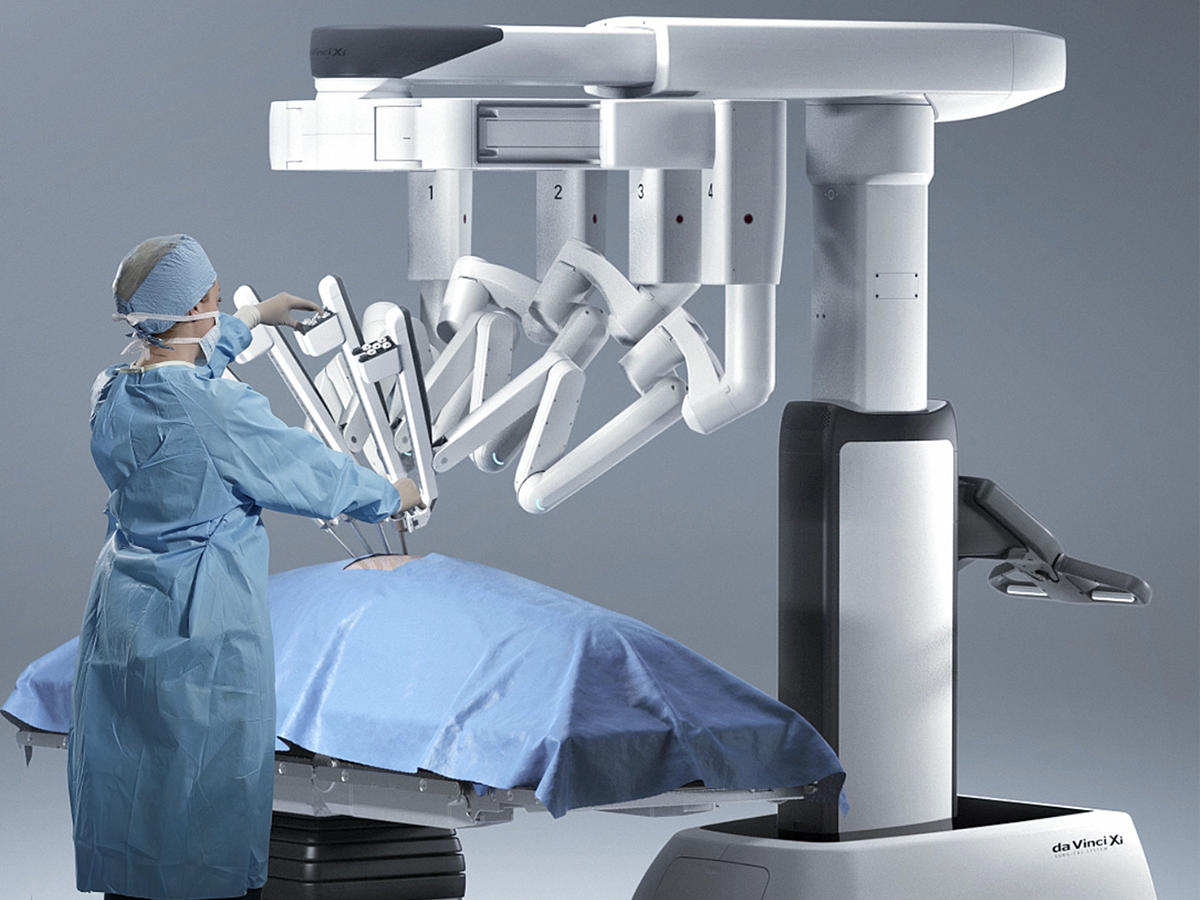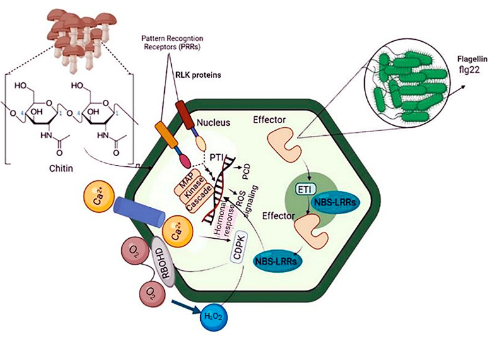Study Links Prenatal Acetaminophen Use to Increased ADHD Risk in Children
A recent study published on February 6 in Nature Mental Health suggests that fetal exposure to acetaminophen may significantly increase the likelihood of developing attention-deficit/hyperactivity disorder (ADHD).
Acetaminophen, commonly used to relieve pain and reduce fever, is considered one of the few safe medications for pregnant women by the U.S. Food and Drug Administration (FDA). Research indicates that 70% of pregnant women use the drug, which is a key ingredient in Tylenol and other pain relievers. However, the latest findings suggest that physicians should reconsider prescribing acetaminophen-based medications during pregnancy.
Higher ADHD Rates Among Exposed Children
The study, conducted by researchers at Seattle Children’s Research Institute and the University of Washington, tracked a cohort of 307 pregnant women between 2006 and 2011. Blood samples collected during pregnancy were analyzed for acetaminophen exposure. The researchers then followed the children born to these women for 8 to 10 years.
Findings revealed that children whose mothers did not take acetaminophen during pregnancy had an ADHD rate of 9%, whereas those exposed to the drug in utero had an ADHD rate of 18%. Additionally, acetaminophen metabolites were found in 20.2% of maternal plasma samples. Children with detectable levels of these biomarkers had a 3.15 times higher likelihood of an ADHD diagnosis compared to those without exposure.
Gender Disparity in ADHD Risk
Notably, the link between acetaminophen exposure and ADHD was found to be stronger among female children. Daughters of exposed mothers had a 6.16 times higher risk of ADHD, while the association in male children was weaker and statistically insignificant. Researchers are still investigating why the effect appears to be more pronounced in females.
Contradictory Findings Call for Further Research
While this study strengthens concerns about acetaminophen’s impact on fetal neurodevelopment, previous research on the subject has yielded mixed results. A study conducted in Sweden found no correlation between maternal acetaminophen use and ADHD in children, whereas a separate study in Norway did find a significant link. The Swedish study, however, relied on self-reported data and estimated that only 7% of pregnant individuals used acetaminophen, which could have led to underreporting.
Calls for Updated Medical Guidance
Given these findings, experts stress the need for updated guidelines on acetaminophen use during pregnancy.
“This medication was approved decades ago, and it may need reevaluation by the FDA,” said Dr. Sheela Sathyanarayana, senior author of the study and a pediatrician at UW Medicine. “Acetaminophen was never assessed for its long-term neurodevelopmental impacts on fetal exposure.”
Lead author Brennan Baker emphasized the importance of informed decision-making. “Expecting mothers should discuss dosage and alternative pain relief options with their healthcare providers,” he said. Some alternatives, such as triptans, are considered safe and effective for treating migraines during pregnancy.
Medical societies and regulatory agencies, including the FDA, are urged to continuously update recommendations as new safety data emerges. Further research is needed to determine whether some individuals can tolerate acetaminophen during pregnancy without negative effects on fetal development.







